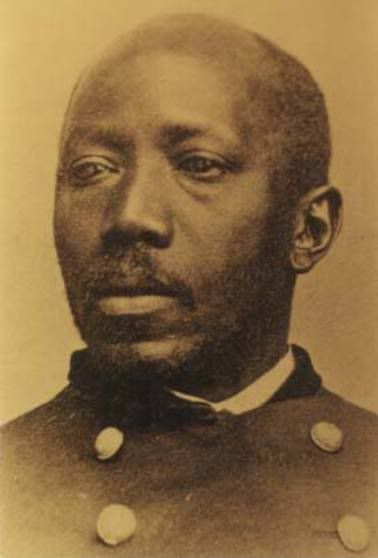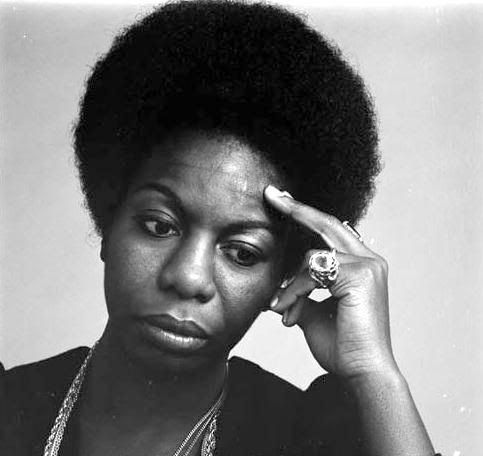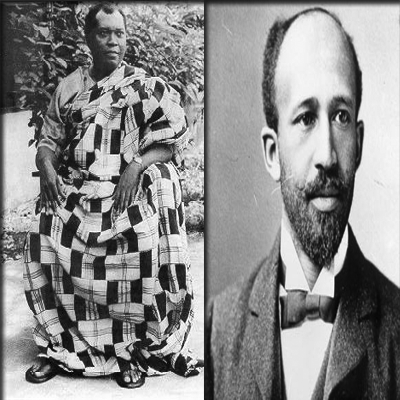
book info: published originally in 1852; reprint 1993, Black Classic Press
author: Martin Robinson Delany (1812-1885), Black nationalist, author, physician, abolitionist, Civil War veteran
The Condition, Elevation, Emigration, and Destiny of Colored People is a timeless classic because it represents one of the earliest seminal works on the future of African Americans in the United States. Martin Robinson Delany was part of an early 19th century pantheon of defenders of Black humanity that included Maria Stewart, David Walker, and later Henry Highland Garnett, among many others. In Condition... , Delany outlines the history of the relationship between the American national body politic and the African. Delany’s foresight on national identity and anti-citizenry places his analysis at the head of later freedom fighters such as W.E.B. Dubois and modern day freedom fighters such as Kwame Ture. Delany utilizes a historical comparative framework to discuss the condition of not only the enslaved but free Blacks in the antebellum United States. Delany was also one of the first scholars to debunk the fictive myths of American national identity such as Christopher Columbus’ discovery. The work also explores the African American solidarity with Haiti, that we also saw with African Americans such as Nat Turner. Important discussions on colonization, abolition, and emancipation framed Delany’s criticism on who was allowed to ultimately shape the destiny of African Americans. Delany’s complete destruction of the ‘inferiority’ myth is instructive as well as impressive. Starting with an analysis on the initial use of African slaves, Delany shows that it was their proficiency in agriculture and genius that made them attractive to European settlers. Delany also devoted a large portion of the work to showing the specific cases of African American achievement in the beginning half of the 19th century in areas of education, music, business, military, medicine, and art. This also was aimed at destroying the myth of inferiority. Lastly by showing the unconstitutionality of the Fugitive Slave Act, Delany concludes that even the free Blacks were not really citizens. Lastly, given the anti-citizenry of the free Black as well as the enslaved, Delany goes on to discuss possible places of relocation to achieve equality for these populations. Discussions on Liberia, which still can inform us today about the current situations there, Canada and South-Central America were all examined. The historian, the scholar, the interested, all of us must explore the work of Martin Robinson Delany, who in 1852, provided solutions that remain instructive if applied today.
(more after the jump)
quote: “Heretofore, it ever has been denied, that the United States recognized or knew the difference between the people—that the Constitution makes no distinction, but includes in this provisions, all the people alike. This is not true, and certainly is blind absurdity in us at least, who have suffered the dread consequences of this delusion, not now to see it.
“…We (northern freedmen) are slaves in the midst of freedom, waiting patiently, and unconcernedly—indifferently and stupidly, for masters to come and lay claim to us, trusting to their generosity, whether or not they will own us and carry us into endless bondage.” (p. 170)
This particular analysis is instructive in the recent Gates arrest.
This title is available for purchase from Black Classic Press
Support our black owned publishing companies!
timelessclassics|
Friday, July 24
the condition, elevation, emigration, and destiny of the colored people of the united states:
Friday, July 24
the condition, elevation, emigration, and destiny of the colored people of the united states:
martin delany
the condition, elevation, emigration, and destiny of the colored people of the united states:
martin delany
martin delany
2009-07-24T21:51:00-07:00
Josh M
timelessclassics|













 on facebook
on facebook on twitter
on twitter on linkedin
on linkedin

